
In today’s technology-driven world, integrating artificial intelligence (AI) into software development represents a revolution. AI tools are transforming how developers approach every stage of software creation—from coding and testing to project management and deployment. These tools streamline the development process and significantly enhance the quality and performance of the software produced. This article explores some of the most impactful AI tools for software development, highlighting how they help developers and organizations achieve greater efficiency and innovation.
Why AI Tools Are Essential in Software Development
The rapid pace of technological change constantly pressures developers to deliver high-quality software quickly and efficiently. AI tools have become essential in this context because they bring a level of automation and intelligence that was previously impossible. These tools handle repetitive tasks, offer intelligent code suggestions, and even predict potential issues before they arise. This allows developers to focus on the creative and complex aspects of software development.
For instance, AI takes over the mundane tasks of writing boilerplate code or conducting initial bug checks, which frees developers to concentrate on design and architecture. This not only speeds up the development process but also reduces the risk of human error, leading to more reliable and robust software solutions. Furthermore, AI tools analyze vast amounts of data quickly, providing insights and recommendations that improve both the process and the product.
AI Tools for Code Generation
GitHub Copilot: Transforming the Coding Landscape
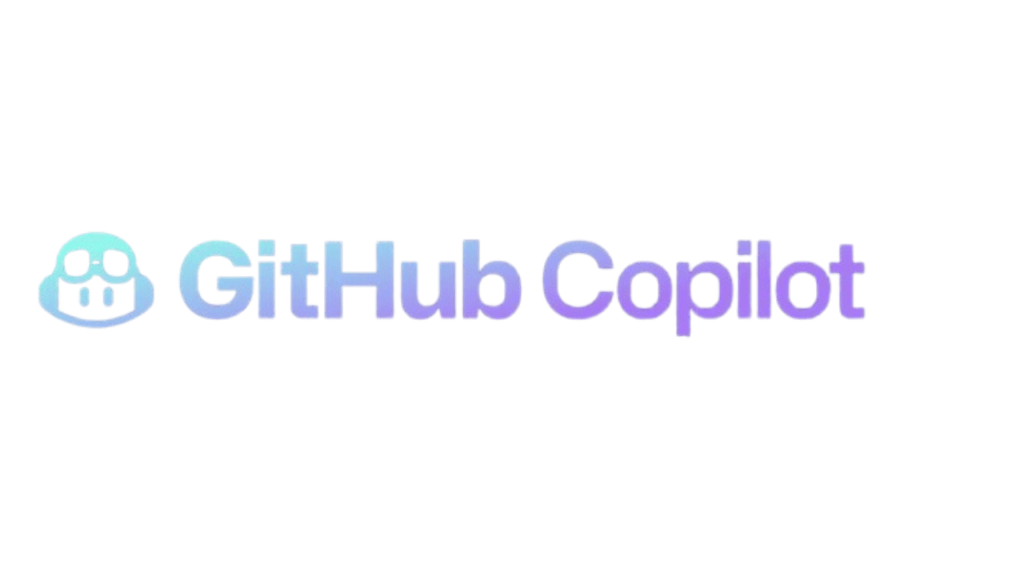
One of the most innovative AI tools for software development is GitHub Copilot. This AI-powered code completion tool assists developers by providing real-time code suggestions as they type. Developed by GitHub in collaboration with OpenAI, Copilot generates entire code blocks, suggests improvements, and even helps with debugging. Copilot’s power lies in its ability to learn from millions of lines of code from various open-source projects, enabling it to offer contextually relevant suggestions that match the developer’s coding style and project needs.
By automating the process of writing repetitive code, GitHub Copilot significantly reduces the time developers spend on mundane tasks. This allows them to focus on more challenging and innovative aspects of software development, such as designing system architecture or optimizing performance. Additionally, Copilot’s real-time suggestions ensure that code remains consistent and adheres to best practices, which is especially valuable in large projects involving multiple developers.
Tabnine: AI-Powered Code Assistance

Another noteworthy AI tool in the software development arena is Tabnine. This AI-driven code assistant integrates seamlessly with popular Integrated Development Environments (IDEs) like Visual Studio Code, IntelliJ, and Sublime Text. Tabnine provides intelligent code completions, snippets, and documentation suggestions, all tailored to the developer’s unique coding style.
Tabnine’s machine learning models, trained on a vast array of open-source repositories, offer accurate and efficient code completions relevant to the specific project at hand. This tool benefits development teams working on large-scale projects by helping maintain coding standards across the board while reducing time spent on routine tasks. By enhancing productivity and consistency, Tabnine allows developers to focus more on innovation and less on repetitive coding tasks.
AI Tools for Software Testing
Testim: Automating the Testing Process
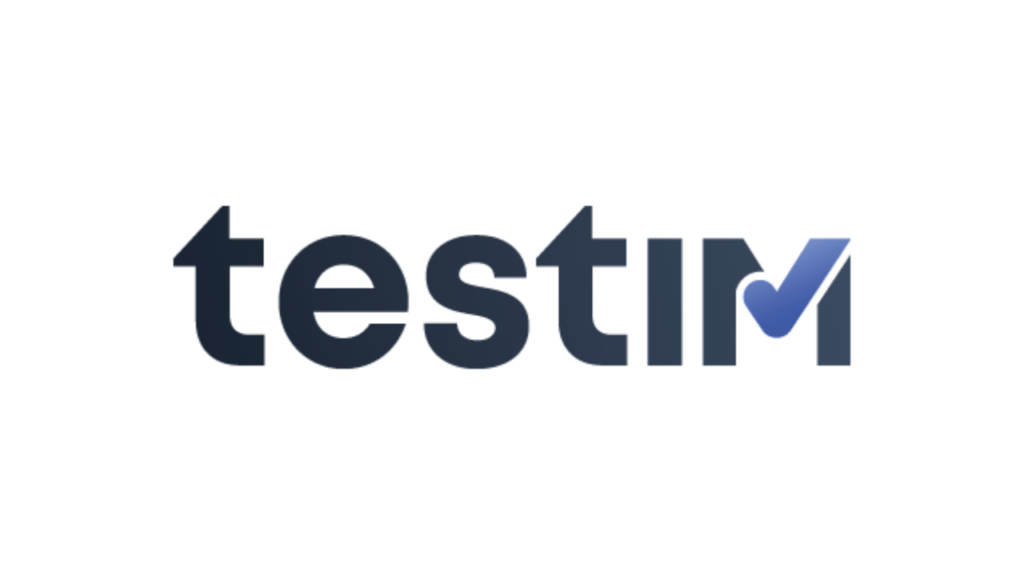
Testing is a crucial phase in the software development lifecycle, ensuring that the final product is reliable, functional, and free of critical bugs. Human mistake can occur during manual testing, which can be time-consuming. AI tools like Testim revolutionize this process by automating test creation and execution. Testim uses machine learning algorithms to generate smart tests that adapt to changes in the software, reducing the need for constant updates and maintenance.
Testim enables developers to quickly create stable and reliable tests that evolve alongside the software. This capability significantly reduces the time and effort required for testing, allowing developers to focus on critical tasks such as debugging and optimization. Furthermore, by automating the testing process, Testim ensures thorough testing before release, leading to higher-quality products and fewer post-launch issues. This proactive approach to testing improves software reliability and enhances the overall user experience.
Applitools: AI-Driven Visual Testing

Visual integrity is a key component of user experience, particularly in applications where the user interface plays a critical role. Applitools, an AI-powered tool, focuses on visual testing. It uses advanced machine learning algorithms to detect visual anomalies in software applications, ensuring the user interface appears and functions as intended across different devices and screen sizes.
Applitools compares screenshots of the application at various stages of development, automatically identifying any discrepancies or visual bugs. This tool is especially valuable for front-end developers who must ensure their applications are visually consistent and accessible to all users. By automating visual testing, Applitools helps developers catch issues that might be missed by traditional testing methods, leading to a more polished and professional final product.
AI Tools for Project Management
ClickUp: Enhancing Project Management with AI
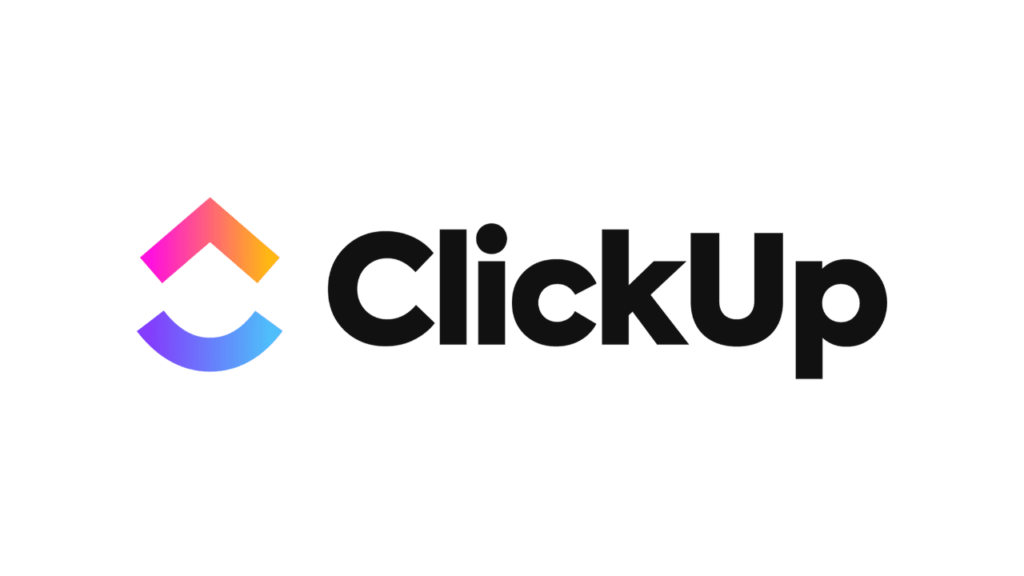
Effective project management is essential for the success of any software development project, particularly those that involve large teams or complex workflows. ClickUp, an AI-enhanced project management platform, offers features designed to streamline the development process. These include task automation, intelligent scheduling, and workload balancing, all powered by AI.
ClickUp’s AI-driven capabilities keep teams organized and efficient by automating repetitive project management tasks, such as assigning tasks based on team members’ availability and expertise. This frees up project managers to focus on the project’s more strategic components, like risk management and resource allocation. Additionally, ClickUp’s intelligent scheduling features ensure task completion on time, which is critical for maintaining project momentum and delivering quality software on schedule.
Jira with Automation: Streamlining Workflows

Jira is one of the most widely used project management tools in the software development industry, known for its robust features and flexibility. The Automation for Jira plugin lets teams leverage AI to automate many of the repetitive tasks and workflows associated with project management. Developers and project managers can set up custom automation rules without writing code, making it easy to streamline processes such as issue tracking, notification management, and workflow transitions.
By automating these tasks, Jira with Automation keeps teams focused on development rather than getting bogged down by administrative tasks. This improves efficiency and reduces the likelihood of human error, ensuring the project stays on track and issues are addressed promptly. The result is a more organized and productive team that delivers high-quality software faster and with fewer setbacks.
AI Tools for Code Review and Optimization
DeepCode: AI-Powered Code Review
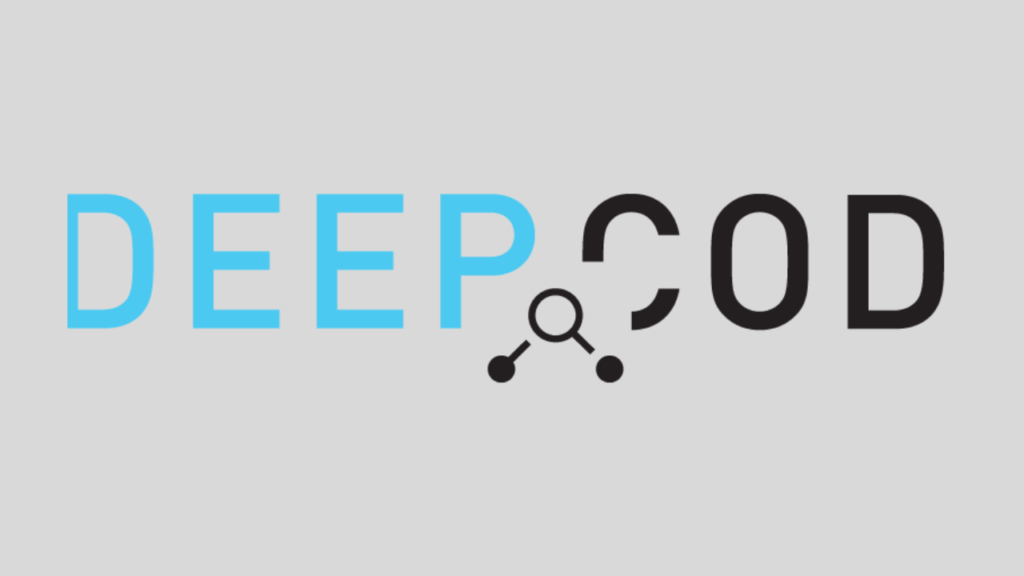
DeepCode is an AI-powered tool that focuses on code review and optimization. It uses machine learning to analyze codebases, identify potential issues, and suggest improvements. Unlike traditional code review tools, DeepCode goes beyond simple syntax checks by understanding the intent behind the code. This allows it to catch complex issues like security vulnerabilities, performance bottlenecks, and code smells that might be overlooked during manual reviews.
DeepCode integrates with popular version control systems like GitHub, Bitbucket, and GitLab, making it easy to incorporate into existing workflows. By automating code review, DeepCode saves time and improves code quality by ensuring best practices are followed and potential issues are addressed before they become critical.
Kite: AI-Driven Code Optimization
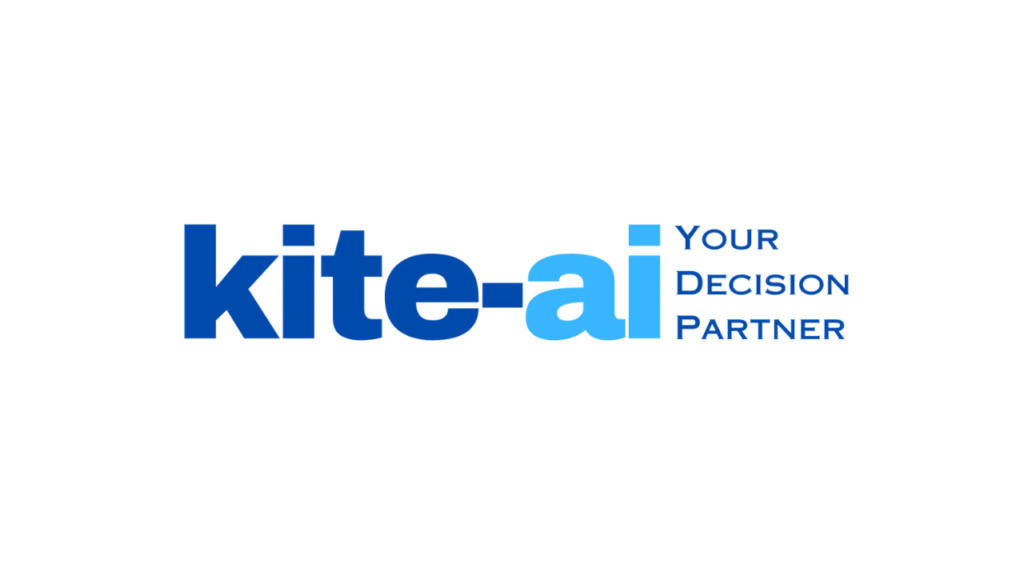
Kite is another AI tool that assists developers by providing real-time code completions and optimizations. It uses machine learning to understand the developer’s coding patterns and offers suggestions that improve code efficiency and readability. Kite integrates with major text editors and IDEs, making it a versatile tool for developers working across different environments.
Kite’s ability to learn from the developer’s coding style means its suggestions become more relevant over time, leading to more efficient and maintainable code. This is particularly valuable in large projects where code consistency and readability are crucial for long-term success.
Conclusion: Embrace AI Tools for Software Development
AI tools for software development are no longer just an option—they are a necessity for staying competitive in today’s fast-paced technology landscape. From automating coding tasks with GitHub Copilot and Tabnine to enhancing testing with Testim and Applitools, AI is revolutionizing every aspect of the software development process. Additionally, AI-driven project management tools like ClickUp and Jira help teams work more efficiently, while code review tools like DeepCode and Kite ensure the code is of the highest quality.
As AI technology continues to evolve, we can expect even more innovative tools that will further enhance the software development process. Developers and organizations that embrace these AI tools will be better equipped to deliver high-quality software faster and more efficiently.
